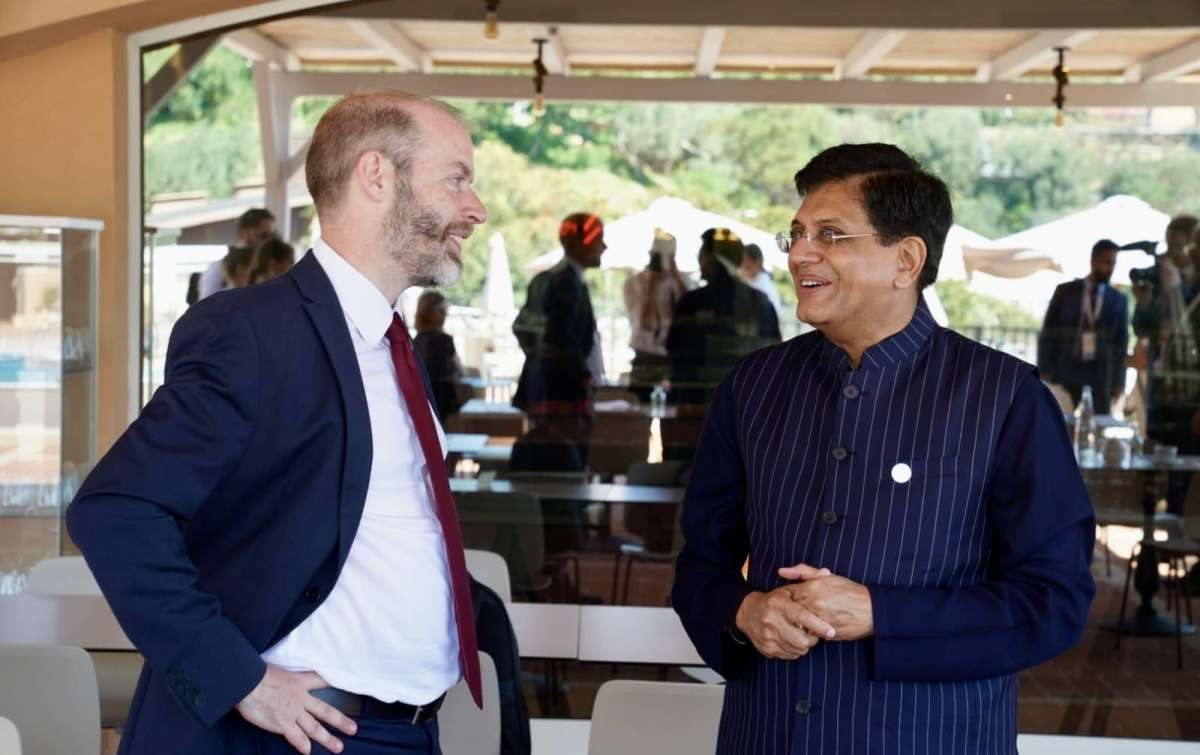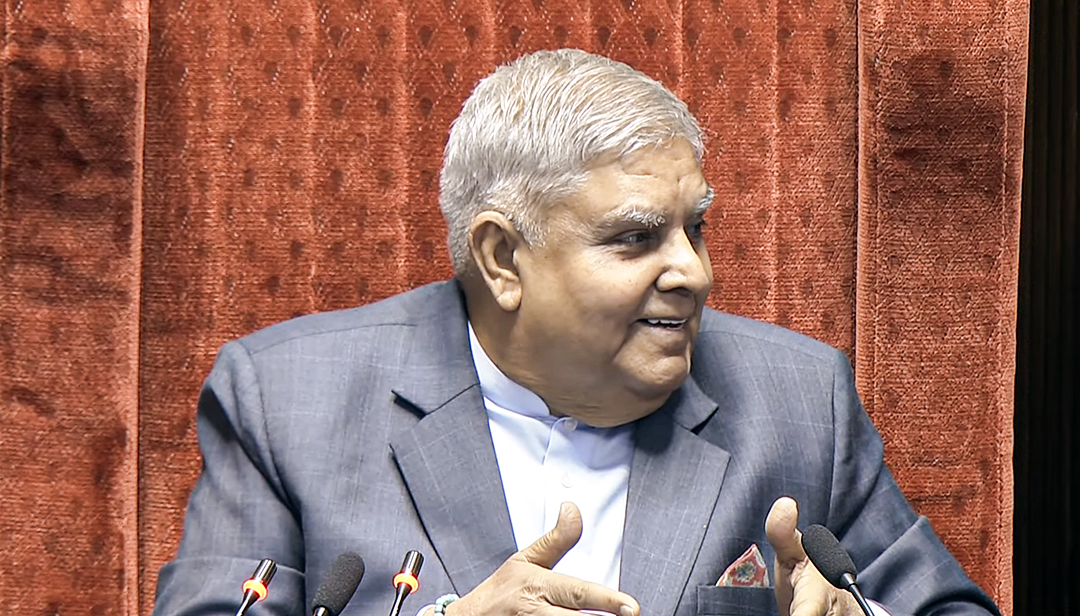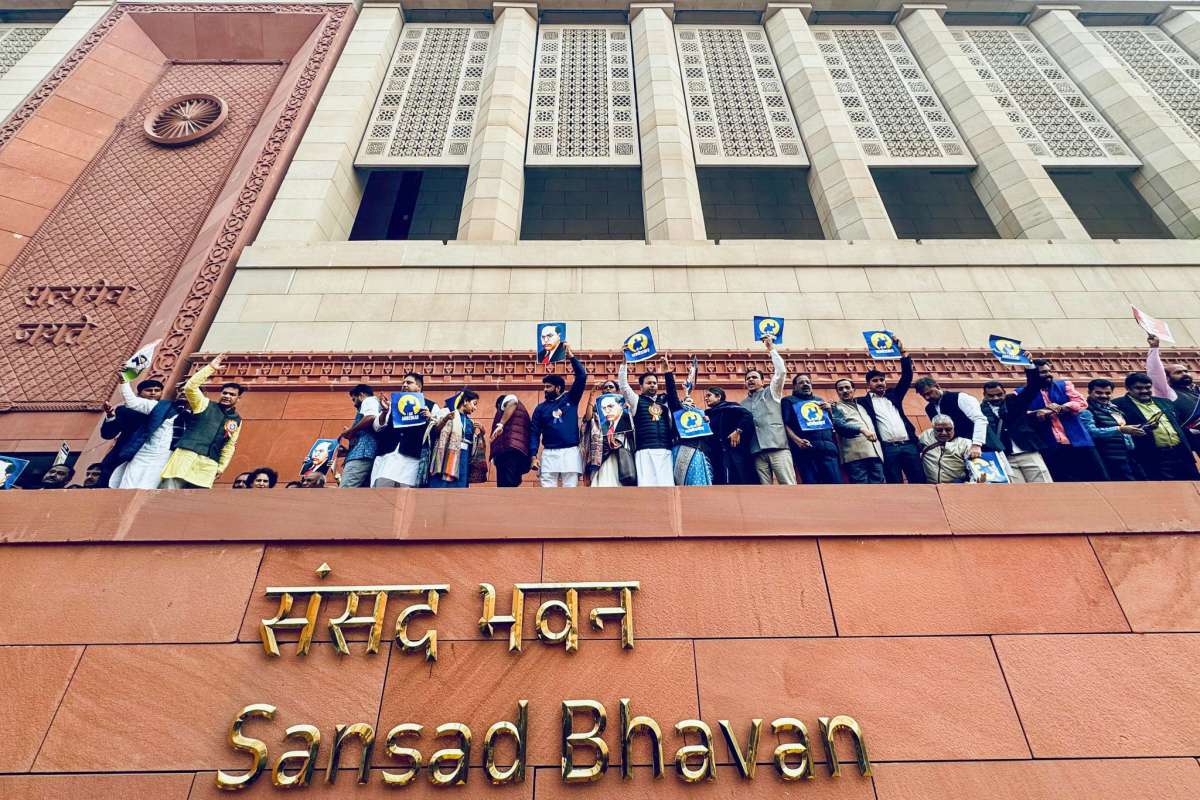It is widely believed that the customs duty on scotch whisky will be cut down substantially, making the scotch whisky prices competitive against high end Indian whisky brands, writes M Padmakshan
The Free Trade Agreement (FTA) between India and the United Kingdom, to be signed by the end of the year is expected to boost further the sale of scotch whisky brands in India, which at present is the world´s largest importer of scotch whisky by volume.
India imported last year over 9 million cases of scotch whisky.
It is widely believed that the customs duty on scotch whisky will be cut down substantially, making the scotch whisky prices competitive against high end Indian whisky brands.
At present the customs duty is 150 per cent. CIABC (Confederation Of Indian Alcoholic Beverage Companies), the body that represents spirit manufacturers of India, has conveyed to the authorities that it is ok for a reduction of duty to 100 per cent from the existing 150 per cent. But Britain, it is learnt, is looking for a steeper cut in duty.
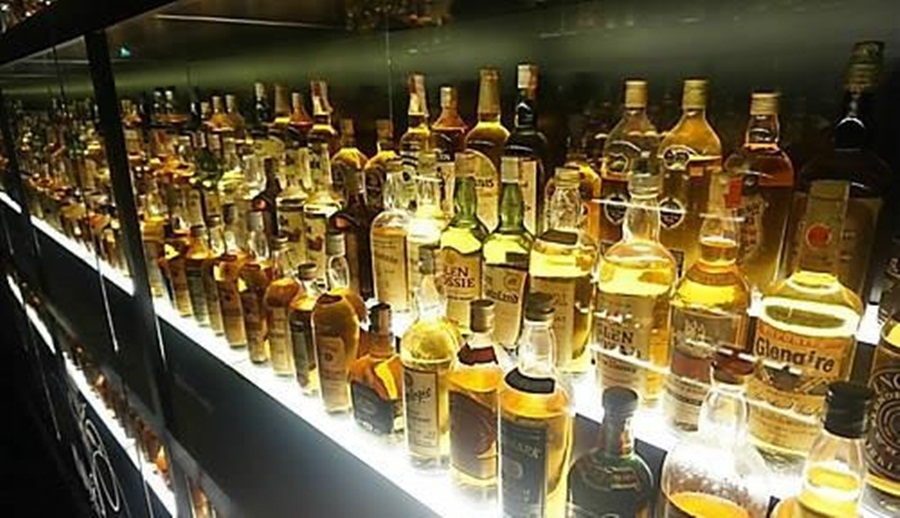
If the customs duty is reduced to 100 per cent, scotch whiskies will be made available in India at substantially lower price.
For example in the Delhi market, Johnnie Walker Black Label, the iconic scotch whisky brand, is sold at Rs 3,800 per bottle. If the customs duty is reduced to 100 per cent from 150 per cent the same brand will be priced at Rs 2800 per bottle.
In Mumbai, the commercial capital of India, the brand is sold at Rs 4000 a bottle. With this tariff reduction, it will be Rs 3000 a bottle.
The Indian spirits lobby is gearing up to this upcoming challenge but apprehends that there could be pressure on the Indian government for a steeper reduction, may be to 75 %. And also CIABC is also wary of a demand from Britain for a tariff rate that will rest at 30 per cent in three years time.
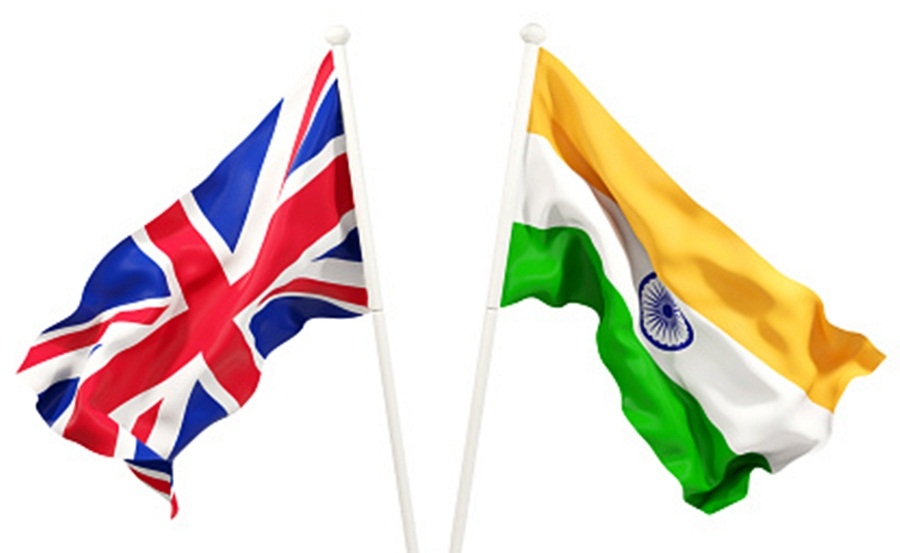
Yes, this is going to be the game changer. India and Britain are attempting to arrive at a resting rate of tariff. CIABC is for an immediate reduction of customs duty from 150 % to 100 % and down to a resting customs duty rate of 50 per cent in 10 years. The negotiation at present is to fix the time frame within which this rate could be fixed. India has offered to reduce tariff gradually, 5 per cent every year. But Britain wanted tariff to be at 30 per cent in three years.
Scotch whiskey is popular among the Indian consumers, historically. A collection of scotch whiskey flaunted in the Indian drawing rooms is the conventional way of announcing one has arrived .Exotic wines and champagnes too figure in the category but it is the scotch whiskey that is noticed easily even by the new generation that is looking to create novel meaning to life. Such is the popularity of scotch whiskey in India.
The colonial hangover however has helped UK to make India its largest export market by volume. It is still roughly 3.5% of the Indian spirit market. In five years scotch whisky is projected to control 6 per cent of the Indian market which has already crossed four hundred million cases a year.
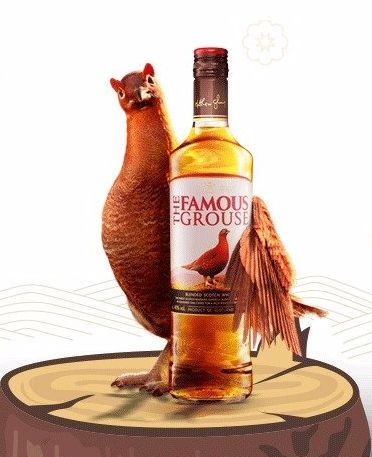
Foreign spirits brands historically has faced tough resistance from leading domestic liquor manufacturers who have been successful in persuading the Indian government raise the customs duty to create a tariff barrier to protect the Indian spirits industry.
The Indian spirit industry, which is a major source of revenue to the state governments of India, was powerful enough to persuade the government to make decisions favorable to it. But pressure from international trade bodies along with the increasing presence of multinational majors in the Indian market are compelling the domestic players play by the rules of trade and commerce.
India, the country with the world ‘s largest population is also home for the world’s largest middle class. Britain post Brexit, is under pressure to find market on its own. Britain is seeking to raise its share of Indian market to six per cent in five years. Hence the persistent demand to reduce customs tariff.
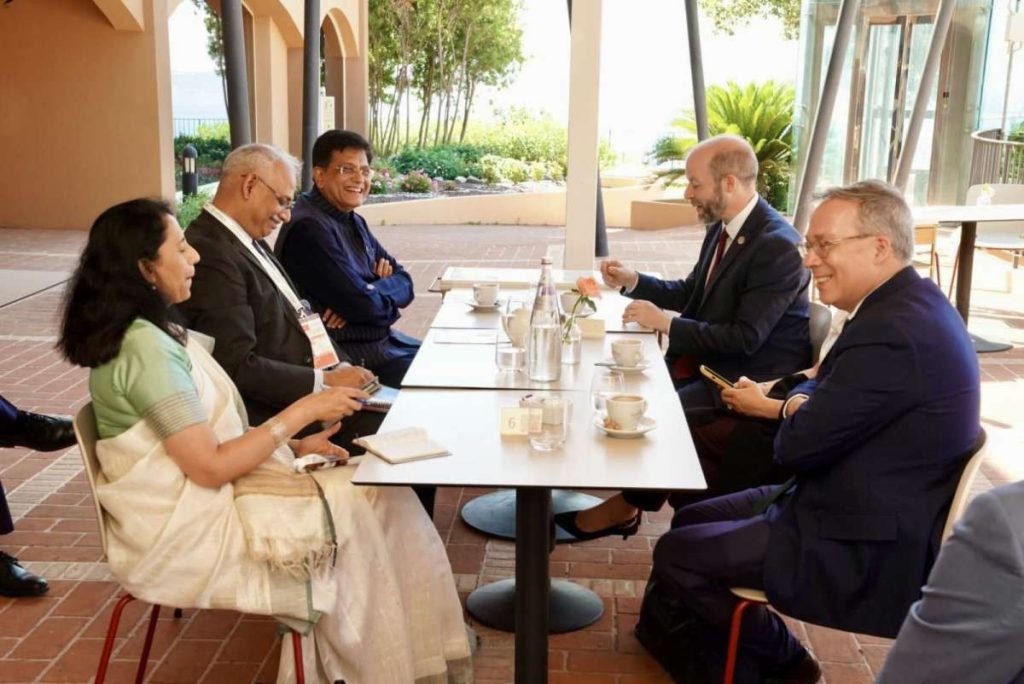
Scotch Whiskey Association, the Edinburgh based trade body of scotch producers says India will benefit, In terms of revenue. According to Mark Kent, Chief Executive of Scotch Whisky association, the UK/India trade talks are a golden opportunity to reach a deal that could grow scotch whisky exports to India by a billion pound in five years. He said tackling the tariff and state level regulatory issues will open the market to smaller producers who are effectively locked out by substantial barriers to trade.
Some of the Indian companies are happy to see a reduced customs duty to the import of scotch whiskies. For example, Kishore Chhabria, Chairman of international Blenders and Distillers, manufacturer of Officers’ Choice whisky, says he welcomes any decision to lower the customs tariff. He will be happy if tariff is reduced to 75 per cent as his company import scotch whisky, to be used in its own products.
There is also a talk going on to fix a minimum price for import of bottled whisky. According to informed sources there appears to be an agreement to fix the minimum import price at $ 3.5 per 750 ml bottle.
However, a section of the Indian industry apprehend it may lose on many counts. Primarily this section believes Indian spirit producers are not offered a level playing field. The grievance is the condition that a minimum maturity period of three years is the prerequisite for exporting Indian whisky to Britain. CIABC is not happy with it. Because in the warm Indian climate whisky matures much faster than in Europe- that makes the stipulation for three-year maturity an anomaly.
Amar Sinha, Chief Operating Officer of Radico Khaitan that owns the iconic 8 pm whisky said he accepts the need for tariff reduction but the Indian whiskey too is entitled to a level playing field. The Indian companies should have the access to the U K whisky market, irrespective of whether the whisky is matured for three years or not. There should not be a non tariff barrier, he said.
ALSO READ: Tone Your Legs with These Effective and Easy Workouts
ALSO READ: Preventive Health Key as Lifespan Expected to Increase
